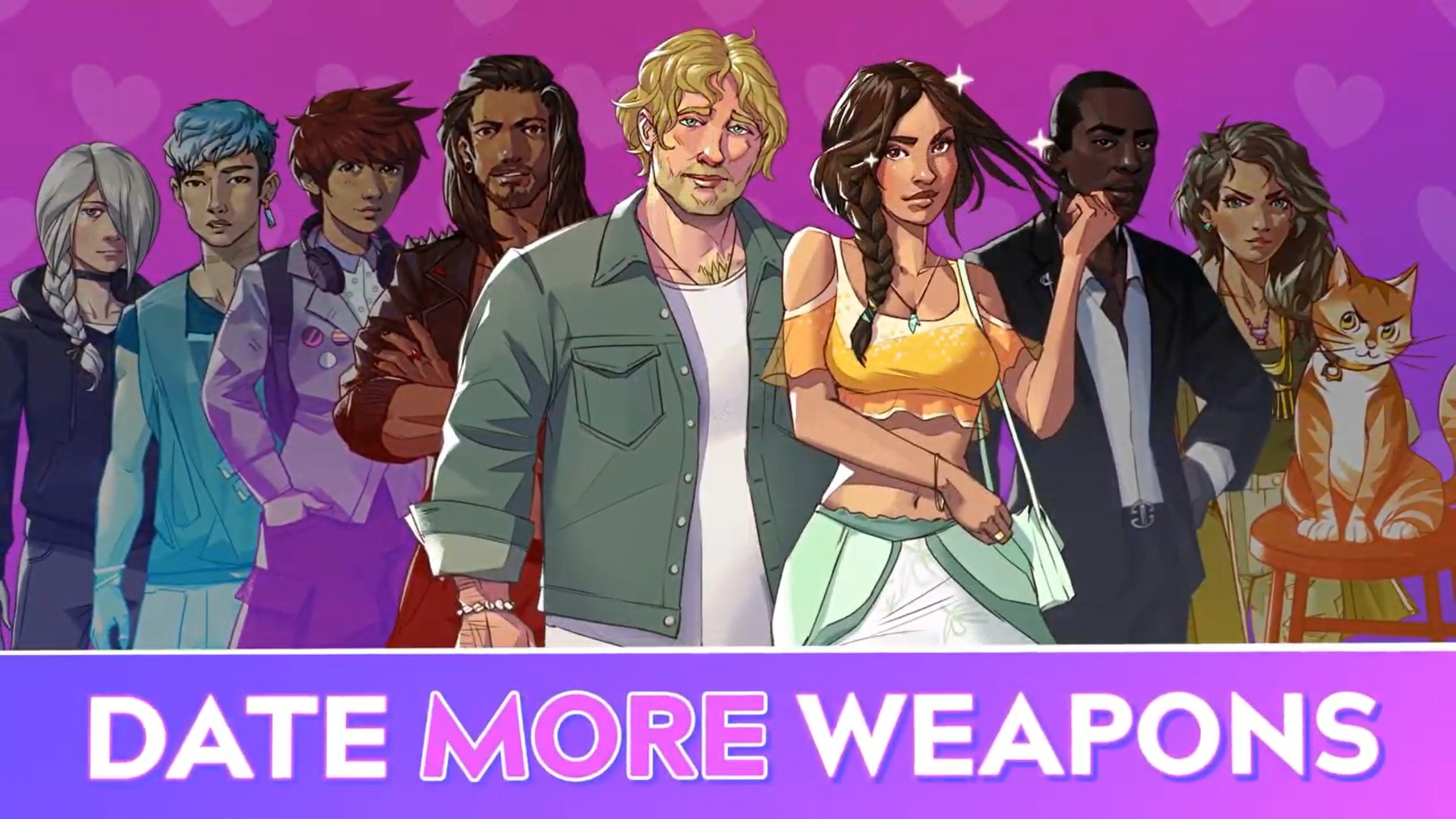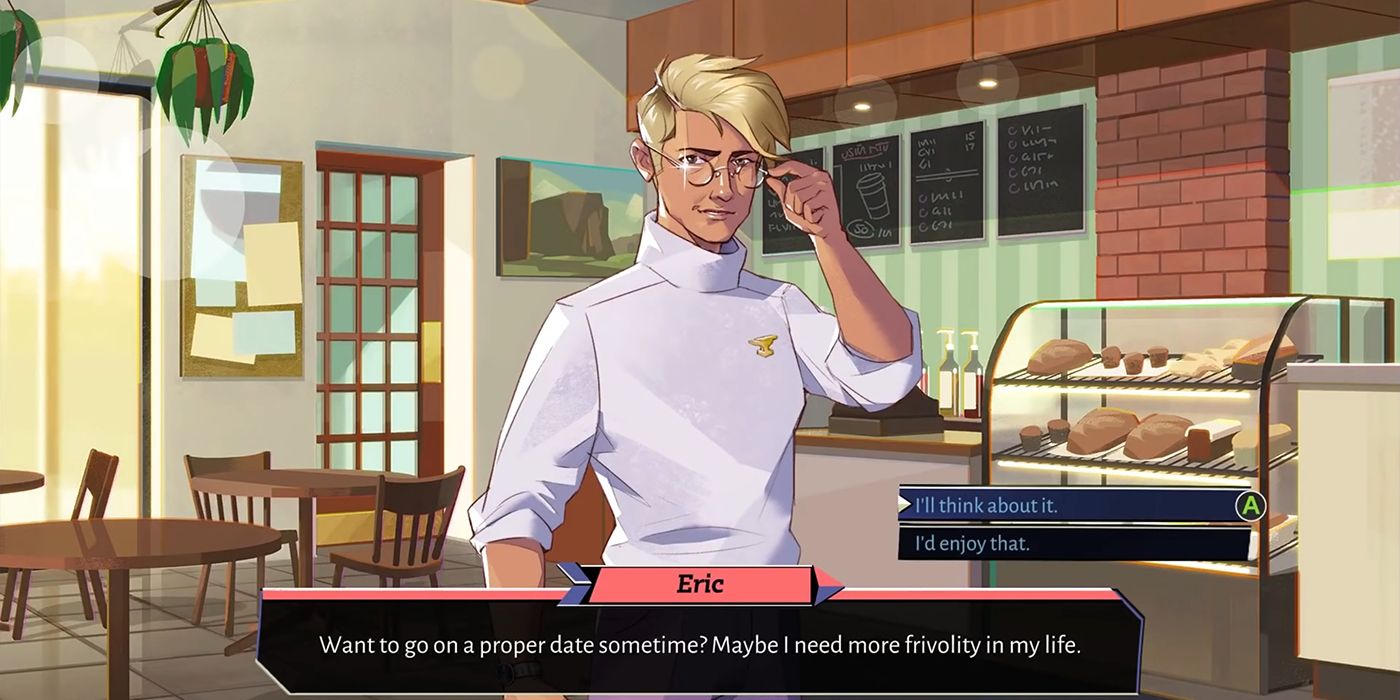
Someone who kept texting, even when I asked him to stop, even when I told him I was cancelling the project (which I did in no small part because his unwavering focus had upset me so much). This man was someone who I had a perfectly nice cup of coffee with to discuss a collaborative project (i.e., not even a date), but who afterwards wouldn’t leave me alone. The antagonist and storyline (fantastical elements aside) of Boyfriend Dungeon are almost verbatim to a real-life experience I have had with a man. Then he starts to say some problematic stuff.
BOYFRIEND DUNGEON STALKING FULL
He may come off a little full of himself, a little presumptuous, but he doesn’t seem like the worst person you’ve ever met. The antagonist of Boyfriend Dungeon doesn’t start off evil. It is about standing up for what you believe in and for the people you care about.Īnd it’s also about what happens on the flip side of that coin: greed, expectation, entitlement, assumption, control, disrespect, and a lack of privacy. It is about finding what you really care about and being unafraid to go after it. It is about never having dated before and letting yourself be vulnerable to connection, both romantic and platonic. It is about getting out of your comfort zone in physical, emotional, and interpersonal realms.

(I’m not the only one.) Here’s why… Why Boyfriend Dungeon’s Antagonist Is a Central Part of the Gameīoyfriend Dungeon is a game about love, patience, understanding, flexibility, and openness.

What’s more, in an unpopular claim at this moment, I just don’t agree with the actual content of the commentary.

The game’s description on virtual stores talks about dark themes. This is one of the most generous and inclusive games I’ve ever played, demonstrated first and foremost by the content warning (even the original “unedited” version), before you even get past the main menu, that plainly describes emotional manipulation and stalking. Developers are allowed to make what games they want, and players are allowed to buy or play the games they want. I don’t think it’s fair or right to have this condemnation in my opinion, that take is bordering on censorship, and it certainly has roots in entitlement. Some have gone as far as saying the content should never have been considered at all (to the point of harassing the character’s voice actor) and that the developers (an indie studio that includes marginalized people, such as queer folx, women, and POCs, in an industry filled with harassment and oppression) are in the wrong for ever having told this story.

But the conversation around Boyfriend Dungeon, which is a good game and deserving of commentary on how fun it is, has become dominated by a vocal group who say the stalker character should have an optional “on/off” toggle or even be cut from the game. It’s OK to be upset and to want a stronger content warning. In case you’ve missed it: Many players are upset by the game’s main antagonist, a young man who shows too much interest, even when politely turned away, and eventually just converts to being a straight up stalker. Without too many spoilers, I want to talk about some of the current discourse around Boyfriend Dungeon, a brand new release from Kitfox Games.


 0 kommentar(er)
0 kommentar(er)
